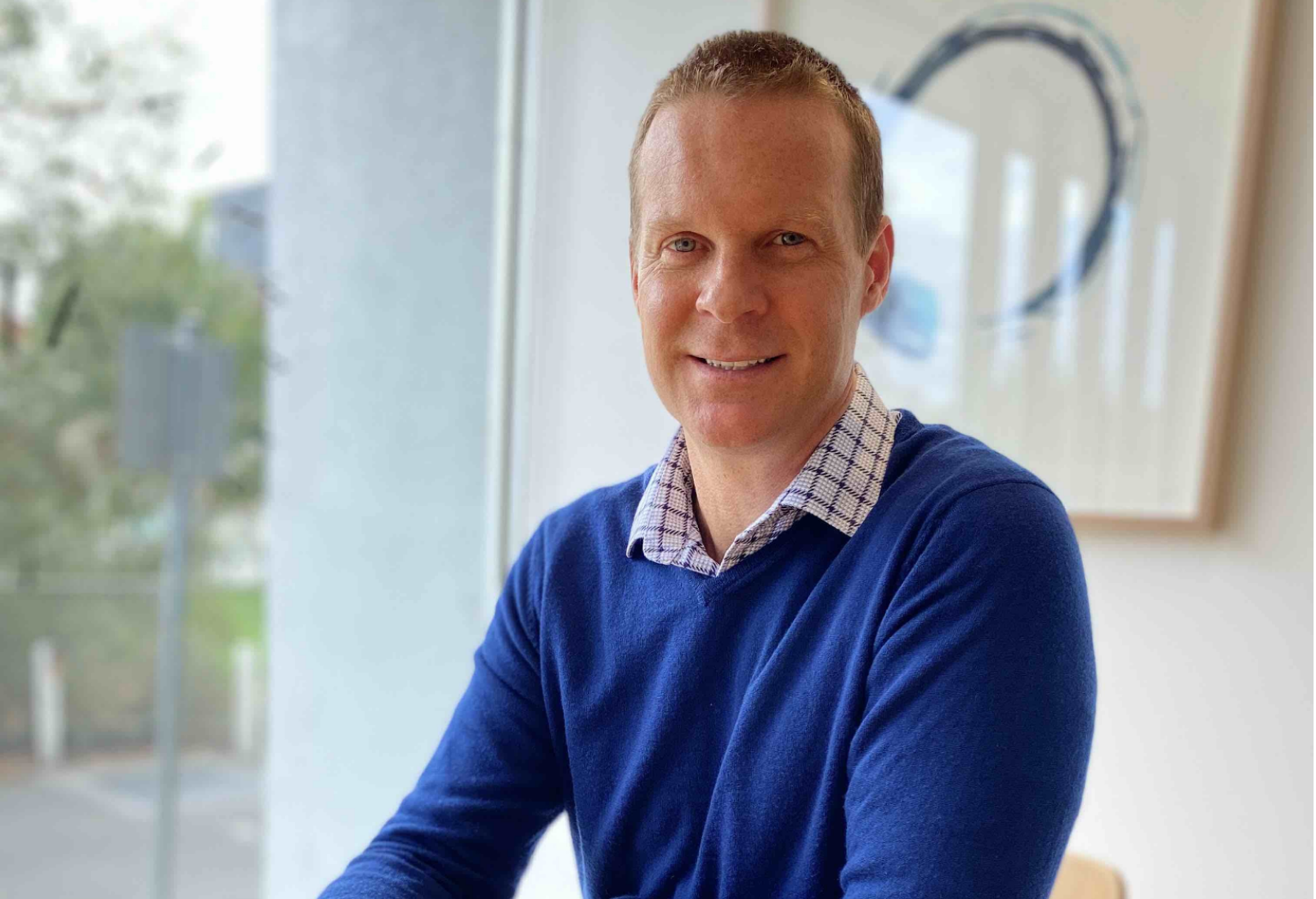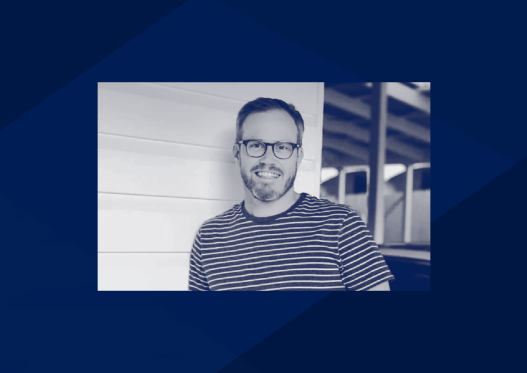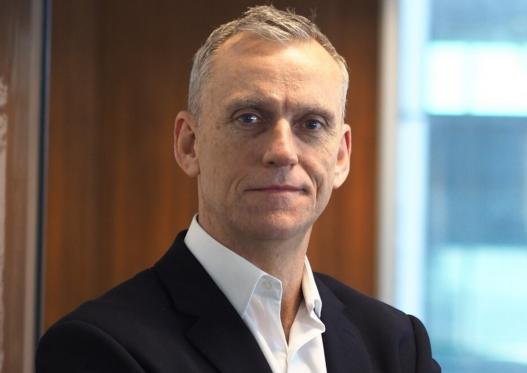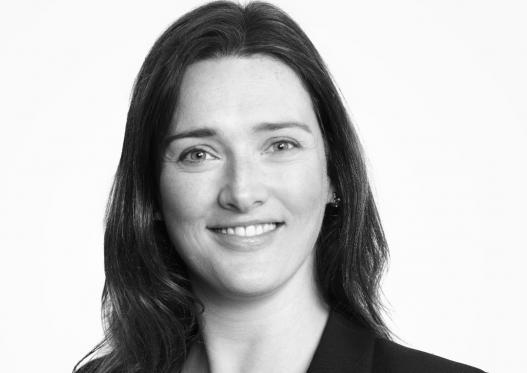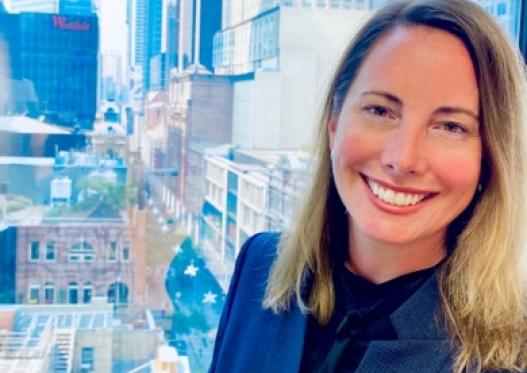A decade ago when Alex Jamieson mentioned ESG, eyes rolled.
Now most of his clients already have a deep understanding of exactly where they want their money.
The tricky part of dealing with the changed landscape that has transformed at an even faster pace through COVID, are the different levels of consumer tolerance.
Dealing with the “grades of green” and the depth of knowledge clients bring to the table are what advisers have to manage on a daily basis, says the founder of AJ Financial Planning.
“In the old days the adviser would tell their client to invest in a normal portfolio and give something to charity, but that has really changed,” he says, highlighting just how far the market has evolved.
Research indicates funds invested under UN Principles for Responsible Investing have grown more than fifteen fold from US $8 trillion in 2006 to $133 trillion in 2020.
That trend doesn’t look like changing direction anytime soon.
Larry Fink’s annual letter to the CEOs carbon-intensive companies telling them to lift their game or say goodbye to BlackRock’s $11.23 trillion in assets under management could be seen as just another standard press release.
Consumers are leading this purpose-driven approach.
Millennials especially have an expectation that the “real nasties like cigarettes, alcohol and weapons” have automatically been screened out, according to Alex.
But there is much greater complexity at the portfolio planning stage which means advisers have think more carefully about matching investments with values.
“Some people come to us who only care about environmental issues. They will say they don’t want to devastate a rain forest but are okay with most things,” he explains, referring to those who want to achieve their sleep at night factor.
“Then you have got the people who look through every bit of food packaging.
“They are the deep green ones who are going go through all your ETFs and all of your managed funds.
“That’s when you have to be open and tell them there are issues you want to bring to their attention. That’s when full disclosure is very important as people can be really critical.
“You have to know where they sit on the spectrum.”
While the massive inter generational transfer of wealth to millennials is partly responsible for a greater focus on ESG, Alex says older investors are more likely to be the deep greens.
“And they tend to be from academia. They’re detail focused. They are used to trawling through a lot of paperwork for research.”
Not surprisingly, technologies and renewable energy are front of mind for millennials many of whom have had their first foray into investing through COVID.
“For those stuck at home, without anywhere to go and with money to invest they will tell us they want to make sure it has specified ESG qualities,” says Alex.
For some, they want that light screen, eliminating alcohol, weapons and cigarettes.
Then there are others - those deep greens - who want to make sure they don’t invest in food or clothing were there has been any impact on the environment at all. They also want to know about welfare and working conditions. And if they haven’t already done so, they will be searching the internet as soon as a product is mentioned.
Alex says some clients will come in with investments not knowing their portfolio falls short on ESG factors, which has to be brought to their attention - much like the time when a deep green client wanted to invest in gold, but not a goldmine.



